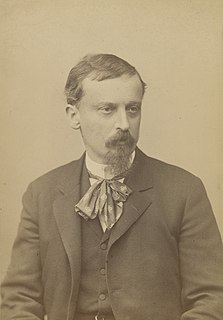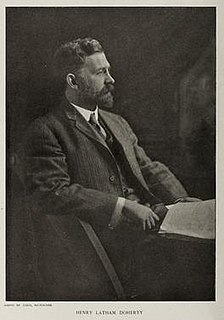A Quote by Michel de Montaigne
Ceremony forbids us to express by words things that are lawful and natural, and we obey it; reason forbids us to do things unlawful and ill, and nobody obeys it.
Related Quotes
For when God forbids us to kill, he not only prohibits us from open violence, which is not even allowed by the public laws, but he warns us against the commission of those beings which are esteemed lawful among men....Therefore, with regard to this precept of God, there ought to be no exception at all, but that it is always unlawful to put to death a man, whom God willed to be a sacred animal.
As the Deity has given us Greeks all other blessings in moderation, so our moderation gives us a kind of wisdom which is timid, in all likelihood, and fit for common people, not one which is kingly and splendid. This wisdom, such as it is, observing that human life is ever subject to all sorts of vicissitudes, forbids us to be puffed up by the good things we have, or to admire a man's felicity while there is still time for it to change.
Regarding mutual tolerance: It is negative in one sense, but positive in another. It absolutely forbids us to be forward in pronouncing on the meaninglessness of forms of existence other than our own; and it commands us to tolerate, respect, and indulge those whom we see harmlessly interested and happy in their own ways, however unintelligible these may be to us. Hands off.






































